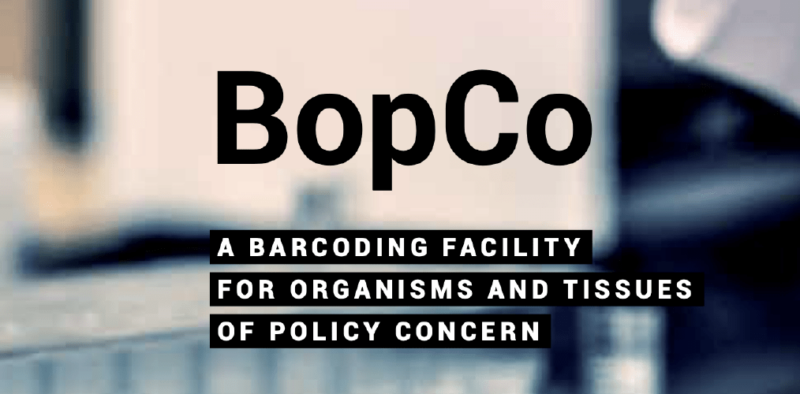
LifeWatch Belgium consortium members RBINS (Royal Belgian Institute of Natural Sciences) and the RMCA (Royal Museum for Central Africa) are looking for a Scientific Collaborator to join the LifeWatch BopCo project.
A postdoctoral researcher position is now open within the project “BopCo: A barcoding facility for organisms and tissues of policy concern“. The position will be administratively managed by RBINS, but functionally shared by RBINS and RMCA. The contract is for 1 year and applications must be submitted by 7 February 2022.
BopCo is an initiative of the Belgian Federal Science Policy Office (BELSPO), the main activity of which consists of providing scientific services concerning the DNA identification of socially and policy-relevant organisms at the request of governments, companies, NGOs, associations and the general public.
For more details about the vacancy and how to apply: